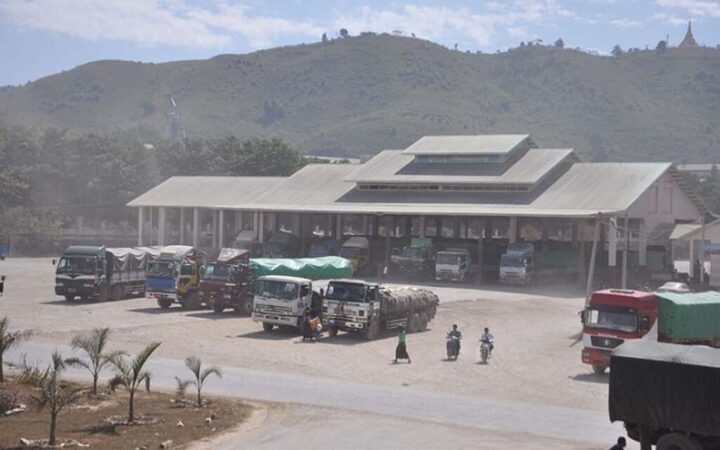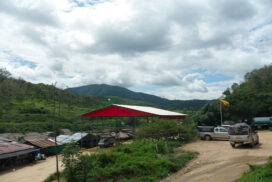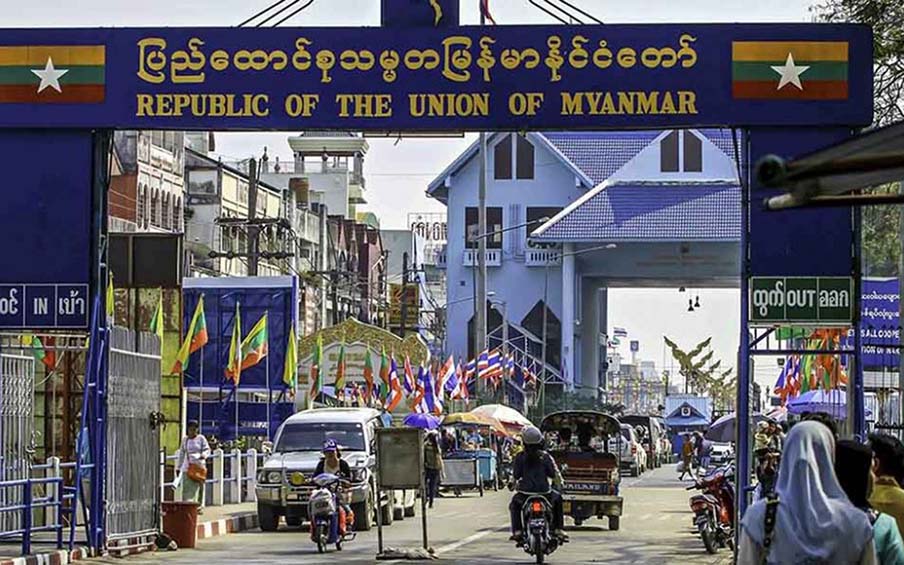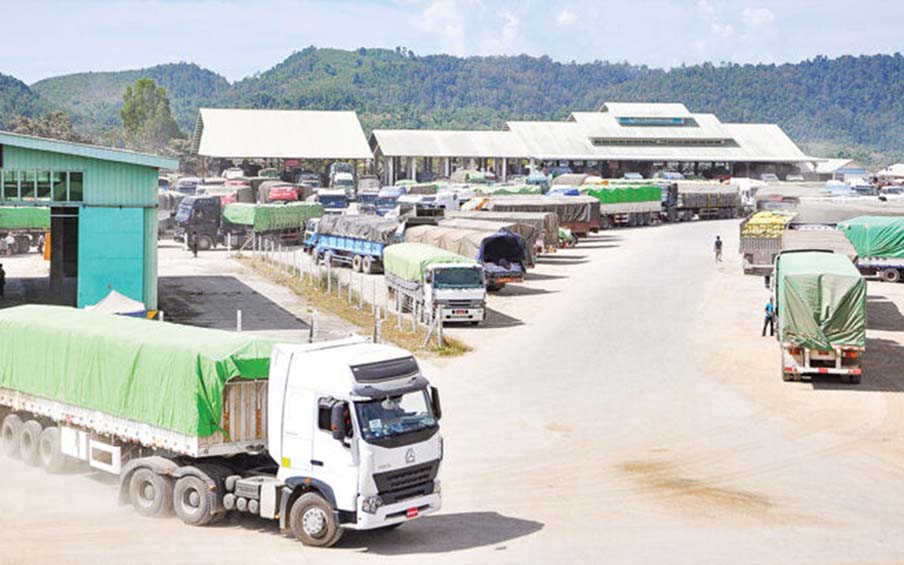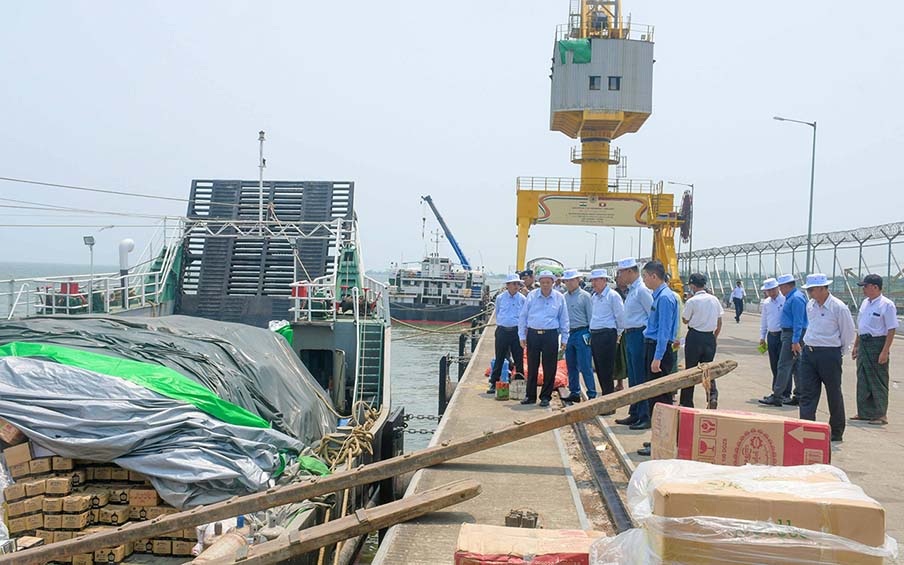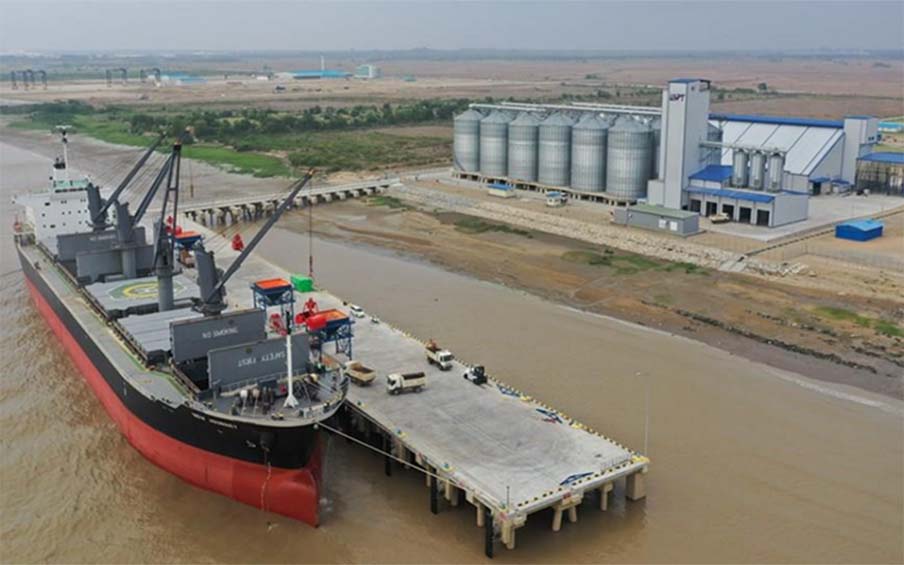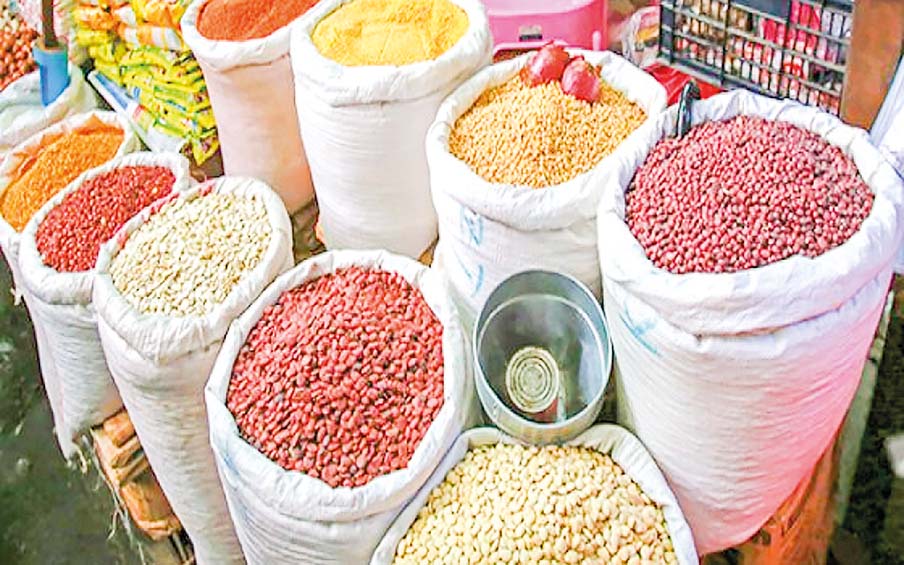Myanmar’s Muse border trade is back to its businesses with approximately 100 trucks entering China, said U Min Thein, vice-chair of Muse Rice Wholesale Centre.
The closure of the Chinese Customs checkpoint during the celebration of the Chinese National Day in early October forced the Kyinsankyawt border between Myanmar and China, he continued.
“The banks and Chinese Customs checkpoints were closed between 1 and 5 October to celebrate China National Day. Later, the cross-border trade returned to normal. Myanmar daily exports rice, broken rice, rubber, fishery products, food commodities and chilli pepper with 70 trucks, while building materials, pharmaceuticals, medical devices, cement, and food commodities are imported into the country with 30 trucks. Therefore, about 100 trucks are flowing in and out of the Muse border trade zone,” U Min Thein elaborated. Myanmar delivers rice and broken rice export to China on 20 to 30 trucks, according to the Muse Rice Wholesale Centre.
As Yuan is appreciating against Kyat, the exporters are flourishing, U Min Thein said.
Broken rice fetches 120 Yuan per 50-kilo bag. The price of rice moves in the range between 140 and 150 Yuan.
The Foreign Exchange Supervisory Committee notified the traders of transactions for agricultural exports through Sino-Myanmar border posts to be converted from Yuan to US dollar, according to a directive dated 30 June. This action is effective on the exports of rice, broken rice, pulses, corn and edible oil crops yet the rice and broken rice exports are excluded from this directive at present through Muse cross-border trade and Yuan payment is available as before. The appreciation of the Yuan against the local currency resulted in a decent profit for those rice exporters.
China shut down all the checkpoints linking to the Muse border amidst the COVID-19 pandemic. Of the checkpoints, Kyinsankyawt has resumed trading activity from 26 November 2021. Although China imposed a lockdown on some border areas following the detection of COVID-19 cases, the Kyinsankyawt border remains open regularly. — NN/GNLM

